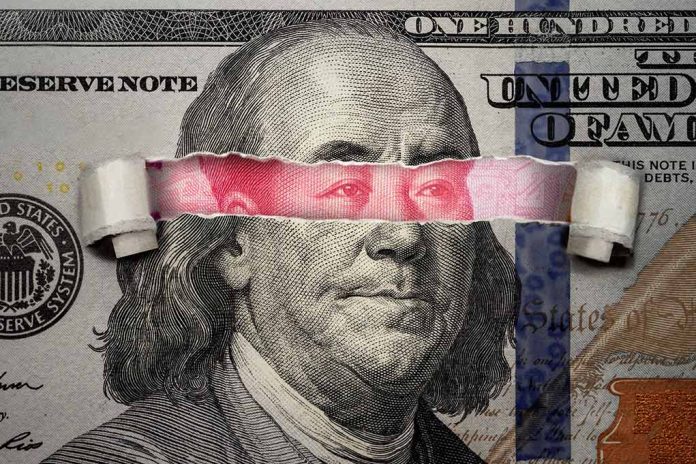
(BrightPress.org) – Meta, Facebook’s parent company, is being sued for allegedly breaking its terms of service by accepting fraudulent ads from Chinese companies. In 2022, Christopher Calise and Anastasia Groschen sued Facebook. Calise didn’t get the car engine assembly kit he ordered, and Groschen received a puzzle instead of the toddler activity board she purchased.
They accused Facebook of unjust enrichment and negligence for accepting and even seeking ads from scammers. They claimed Facebook solicited ads from China-based advertisers despite knowing many violated Facebook policies. The pair also argued Facebook breached its contract with users by stating it would take action against harmful conduct but instead encouraged deceptive advertisers.
U.S. District Judge Jeffrey White initially dismissed the case, citing Section 230 of the Communications Decency Act, which protects providers from liability for content posted by others. However, the U.S. Court of Appeals for the Ninth Circuit disagreed. Judge Ryan Nelson, writing for the majority, said Meta failed to prove Section 230 applied to the contract claims. He noted that Meta’s promise to combat scam ads created a separate contractual duty.
The appeals court sent the case back to Judge White. Courtney Maccarone, the plaintiffs’ lawyer, expressed optimism about the narrower application of Section 230 and looks forward to pursuing the claims in district court. Meta has not commented on the case.
Judge Nelson pointed out that Meta’s solicitation of advertisers is a common business practice and does not invalidate Section 230’s protections. However, he suggested that the broad immunity granted by courts under Section 230 should be reconsidered, citing concerns about companies having economic incentives to permit unlawful content.
Nelson was joined by U.S. Circuit Judges Jacqueline Nguyen and Eugene Siler Jr. Nelson, appointed by President Trump, and Nguyen, appointed by President Obama, while Siler was appointed by President George H. W. Bush, and White by President George W. Bush.
In his concurring opinion, Nelson argued for a more limited interpretation of Section 230’s immunity, echoing Supreme Court Justice Clarence Thomas’s concerns about the law’s expansive application. He emphasized the need to balance protecting free speech with holding companies accountable for harmful content.
Copyright 2024, BrightPress.org













